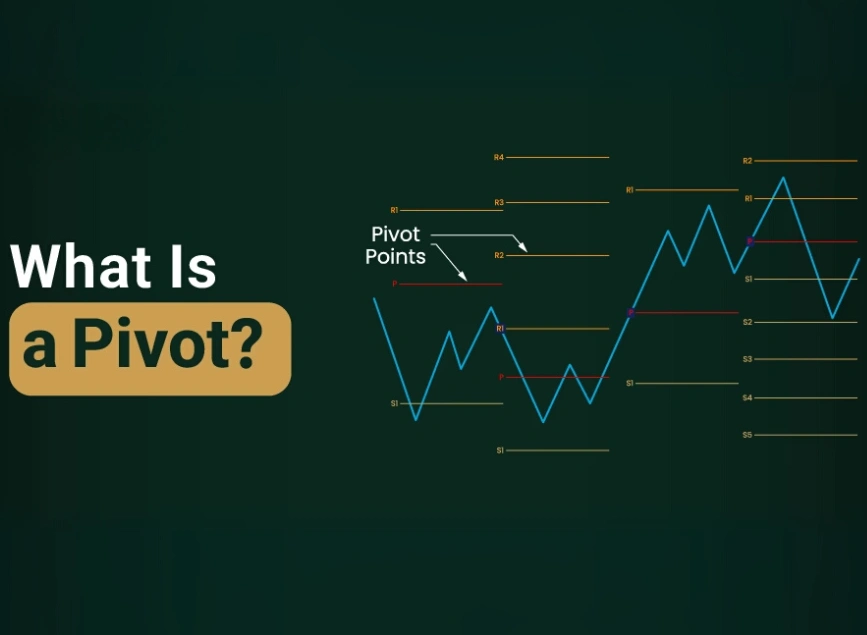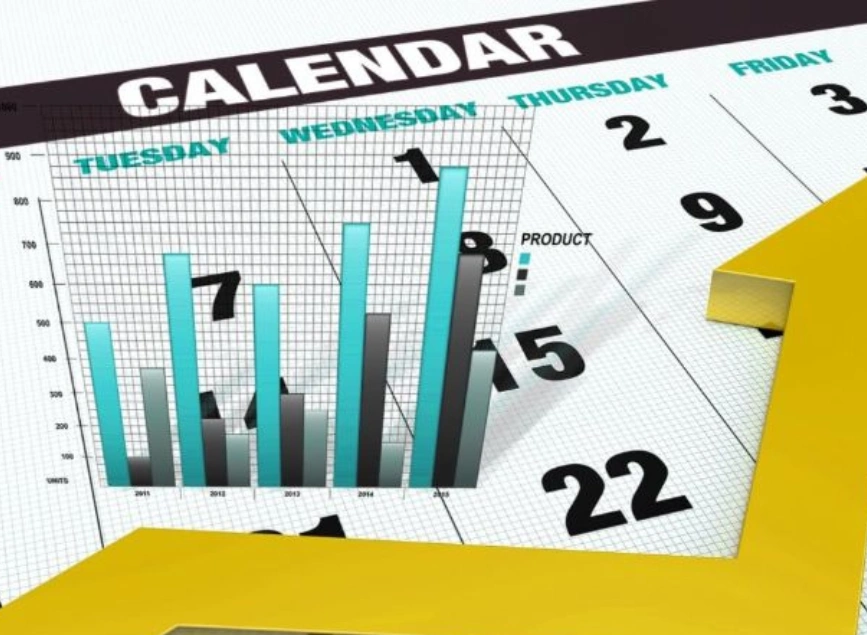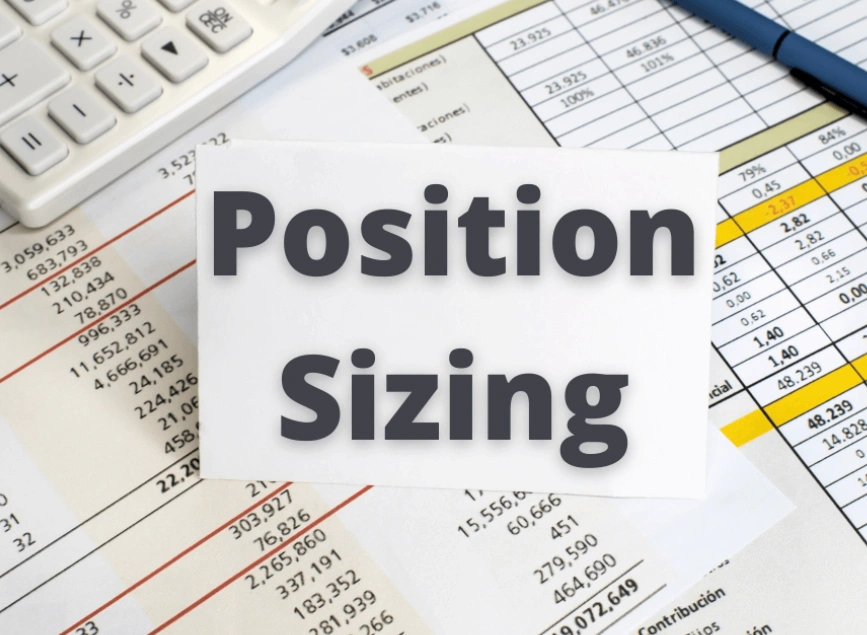
Spread vs Commission: Which One Is Secretly Eating Your Trading Profits?
Estimated reading time: 3 minutes
Table of contents
Many traders focus only on market analysis, entry points, and price action but the real profit killer often hides in plain sight: trading costs. Whether you trade Forex or stocks, spreads and commissions can quietly eat into your profits.
In this guide, we’ll break down what spread and commission really mean, how they affect your trading strategy, and which one might be better for you.
What Are Spreads and Commissions?
1. Spread (The Broker’s Markup)
The spread is the difference between the bid and ask price.
- ✅ Common in Forex trading
- ✅ No separate fee—built into the price
- ⚠ Wider spreads during high volatility or low liquidity
Example:
If EUR/USD bid = 1.1000 and ask = 1.1003, the spread = 3 pips.
2. Commission (Direct Trading Fee)
A commission is a fixed or percentage-based fee charged per trade or lot.
- ✅ Common in stock and ECN Forex accounts
- ✅ Usually transparent and fixed
- ⚠ Can be costly if you make many small trades
Example:
A broker might charge $7 per round turn (buy + sell) per lot in Forex or $0.005 per stock share.
Spread vs Commission: Quick Comparison
| Factor | Spread Accounts | Commission Accounts |
|---|---|---|
| Cost Structure | Built into bid/ask price | Charged separately per trade/lot |
| Best For | Beginners & swing traders | Scalpers & high-volume traders |
| Transparency | Less transparent—cost hidden in the price | Highly transparent—flat fee |
| Volatility Impact | Spreads widen during news/high volatility | Commissions remain stable |
| Typical Markets | Forex retail brokers | Stocks, ECN Forex, futures |
Which One Should You Choose?
- ✅ Choose Spread Accounts If…
- You are a beginner
- You trade infrequently or hold positions longer
- You prefer simple, “no-fee” pricing
- ✅ Choose Commission Accounts If…
- You scalp or trade high volume
- You need tight spreads during news trading
- You want more transparency in costs
Read More: Complete Guide to Otet Trading Accounts
Hidden Costs You Must Watch Out For
- Slippage: Even with tight spreads, fast-moving markets can fill your order at worse prices.
- Swap or Overnight Fees: Holding trades overnight adds another layer of cost.
- Inactivity or Withdrawal Fees: Some brokers charge if you’re inactive or withdraw too often.
Understanding these can save you hundreds (or thousands) annually.
✅ Key Takeaways
- Spreads = hidden cost, Commission = explicit cost
- Your trading style determines which is cheaper
- Always calculate total trading cost before choosing a broker
Final Thoughts
In trading, every pip and every cent counts. Whether you pick spread or commission accounts, understanding your true costs is just as important as mastering charts or indicators.
👉 What do you prefer: spreads or commission-based accounts? Share your experience in the comments!
❓ Frequently Asked Questions (FAQ)
Q1: Which is cheaper—spread or commission accounts?
A: It depends on your style. Scalpers and high-volume traders often save more with commission accounts, while beginners and swing traders find spread accounts cheaper and simpler.
Q2: Do all brokers charge both spreads and commissions?
A: No. Some brokers only charge spreads, some only commissions (ECN models), and some charge both. Always read the broker’s fee structure.
Q3: Are spreads fixed or variable?
A: Many brokers offer variable spreads that widen during high volatility. Fixed spreads are stable but often slightly higher on average.
Q4: Can hidden fees be avoided?
A: Yes, choose reputable brokers, read all terms, avoid holding positions overnight if swap fees are high, and check for inactivity or withdrawal fees.
Share
Hot topics

Best broker for gold trading
There’s always been a certain magic about gold. Before online charts and trading applications, people stored their wealth in coins and bars, trusting that gold would retain its value during...
Read more




Submit comment
Your email address will not be published. Required fields are marked *